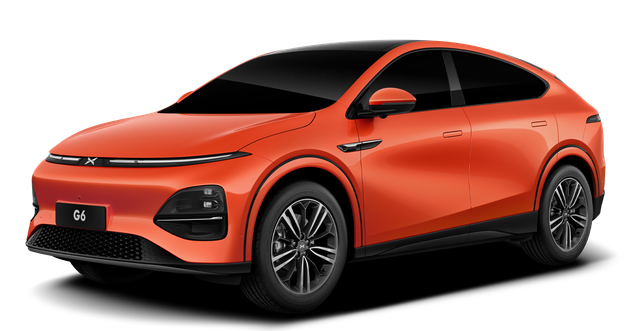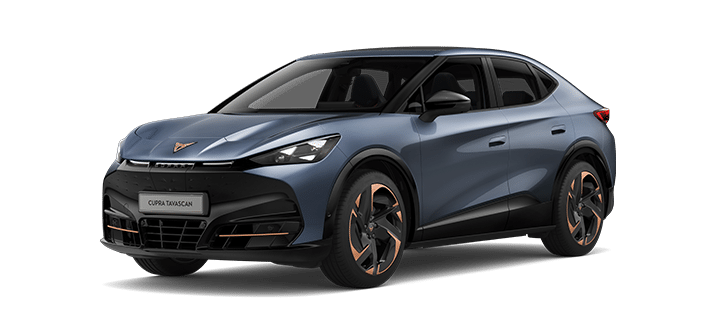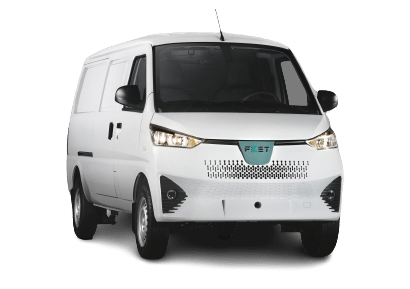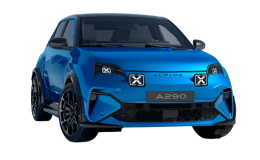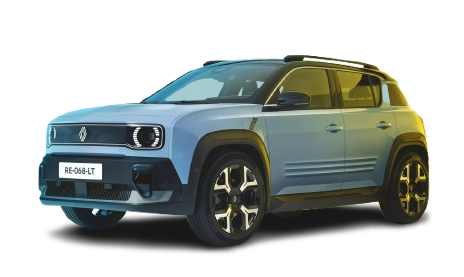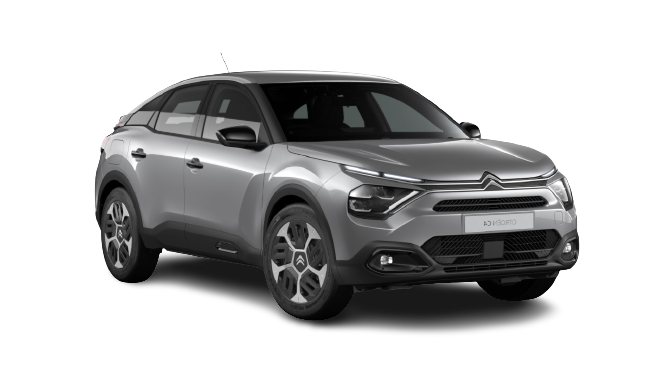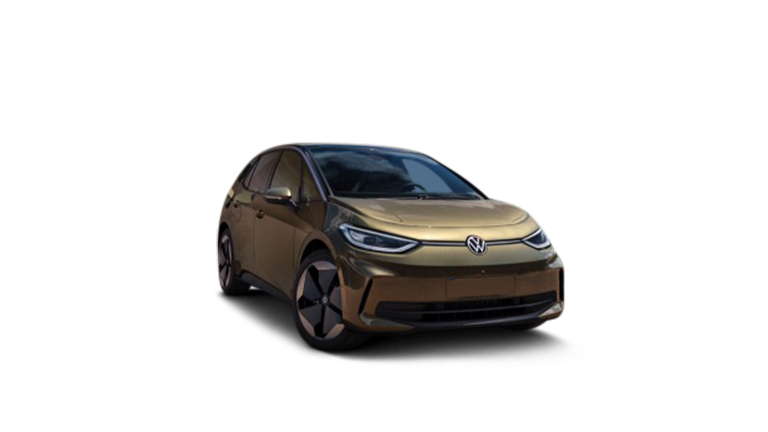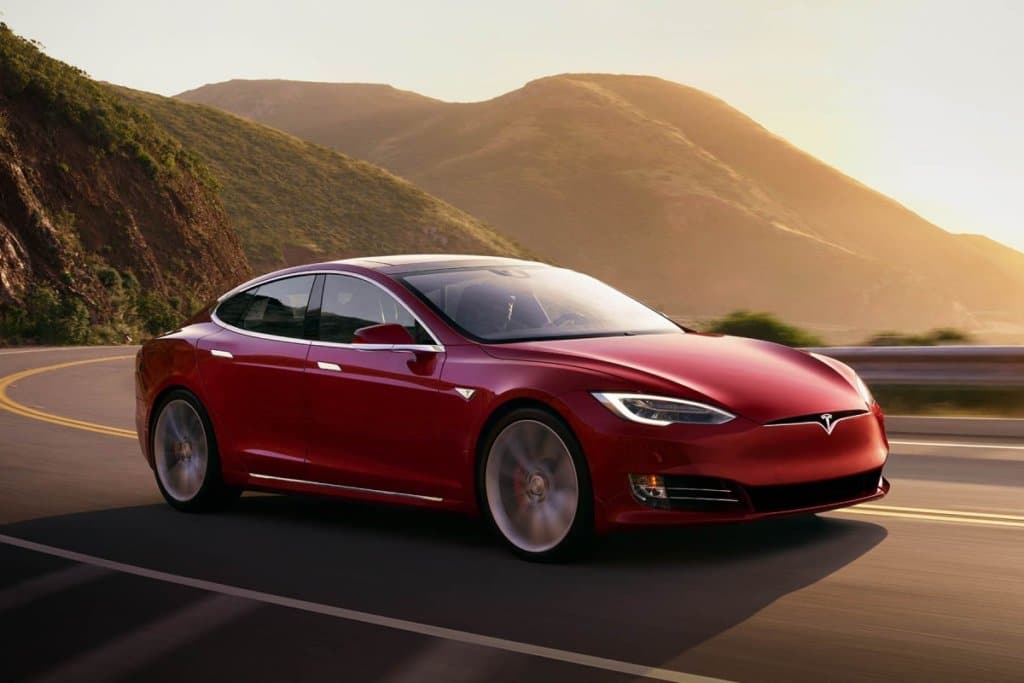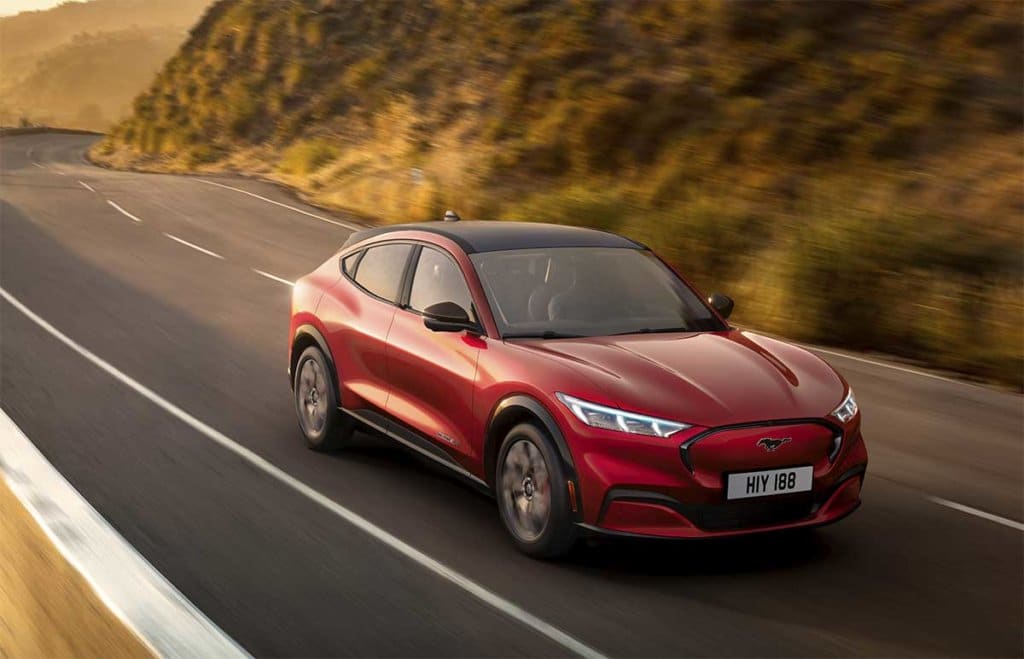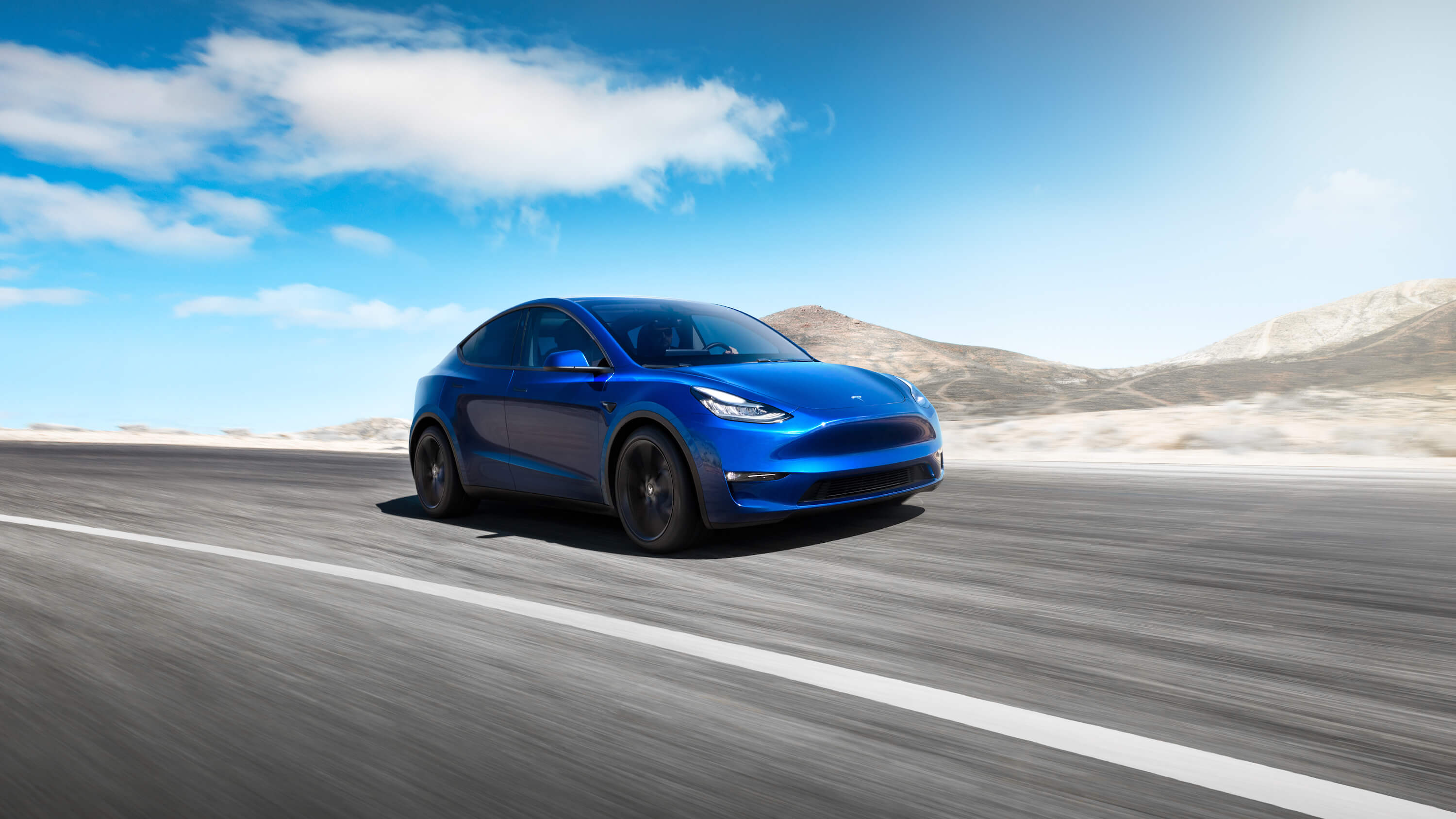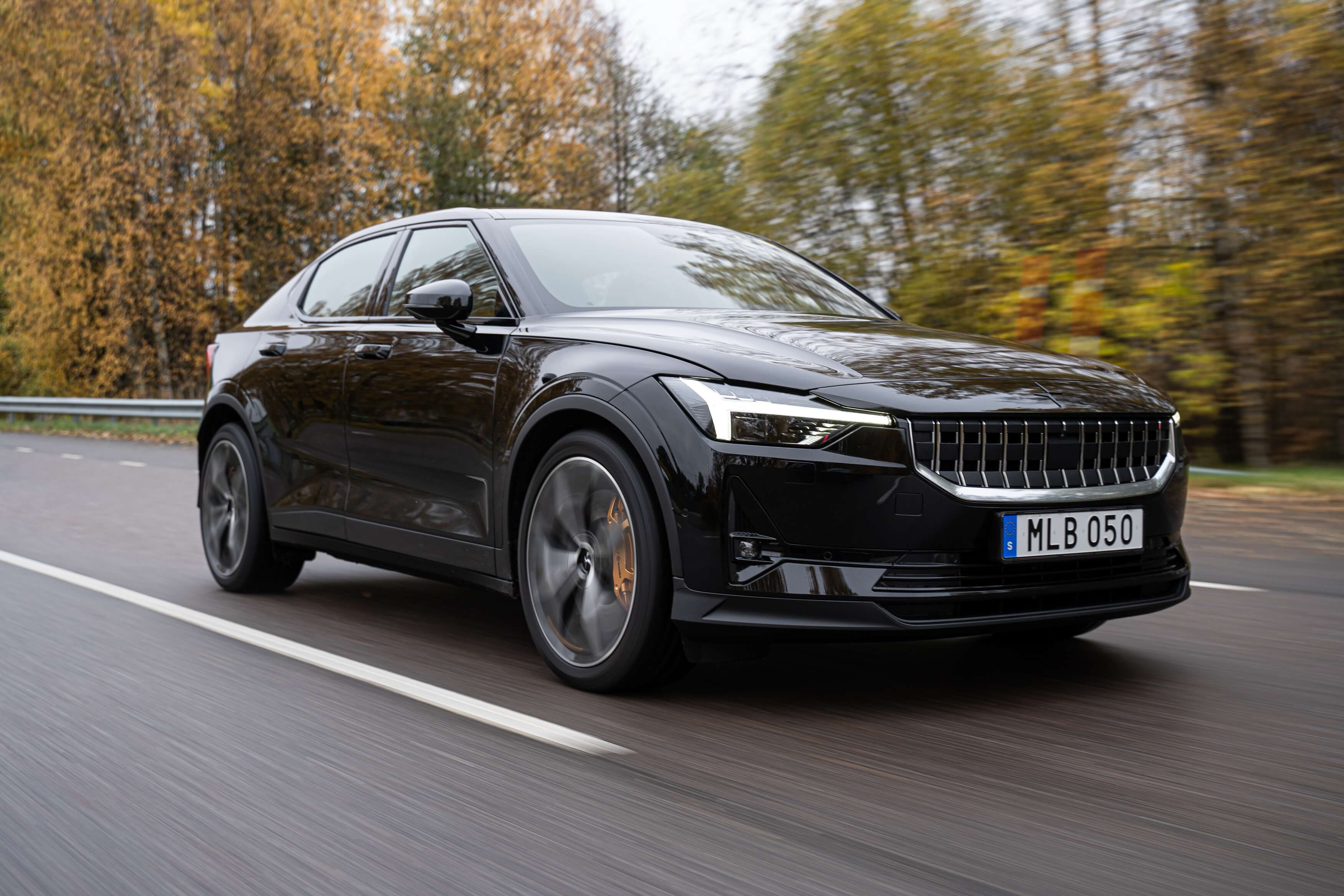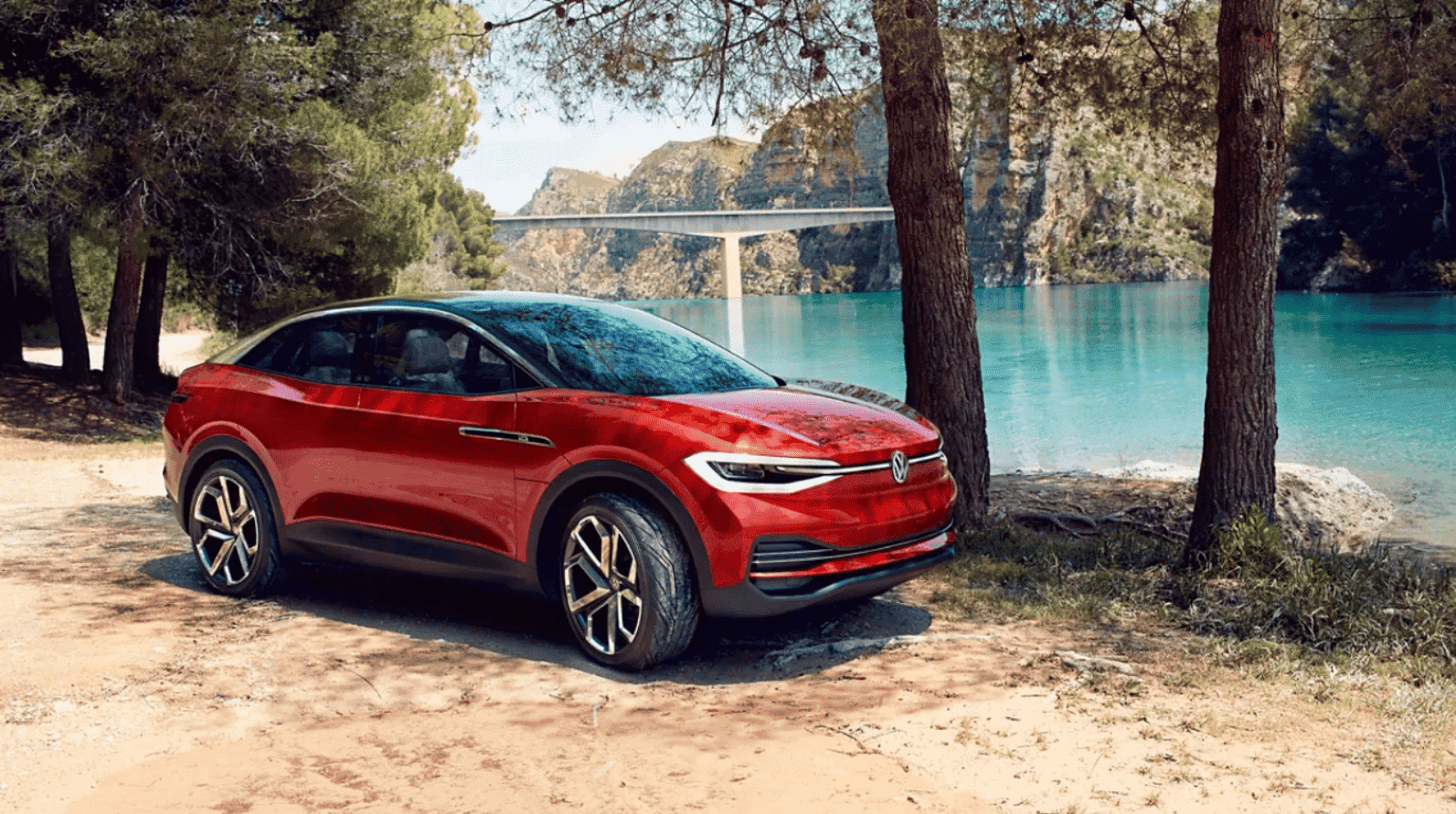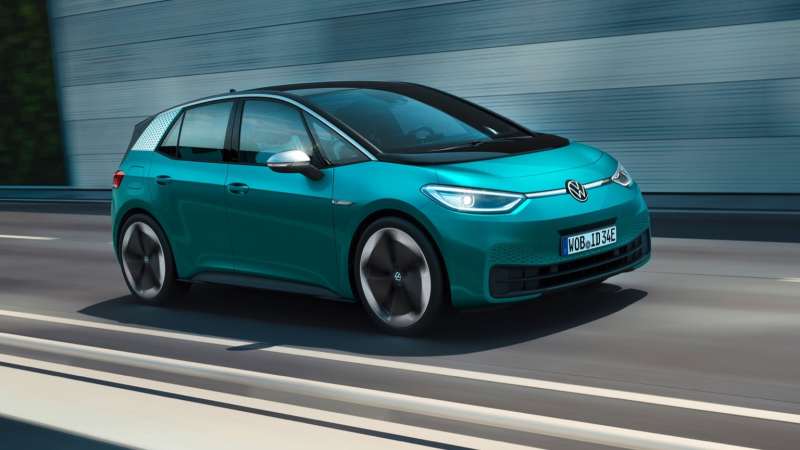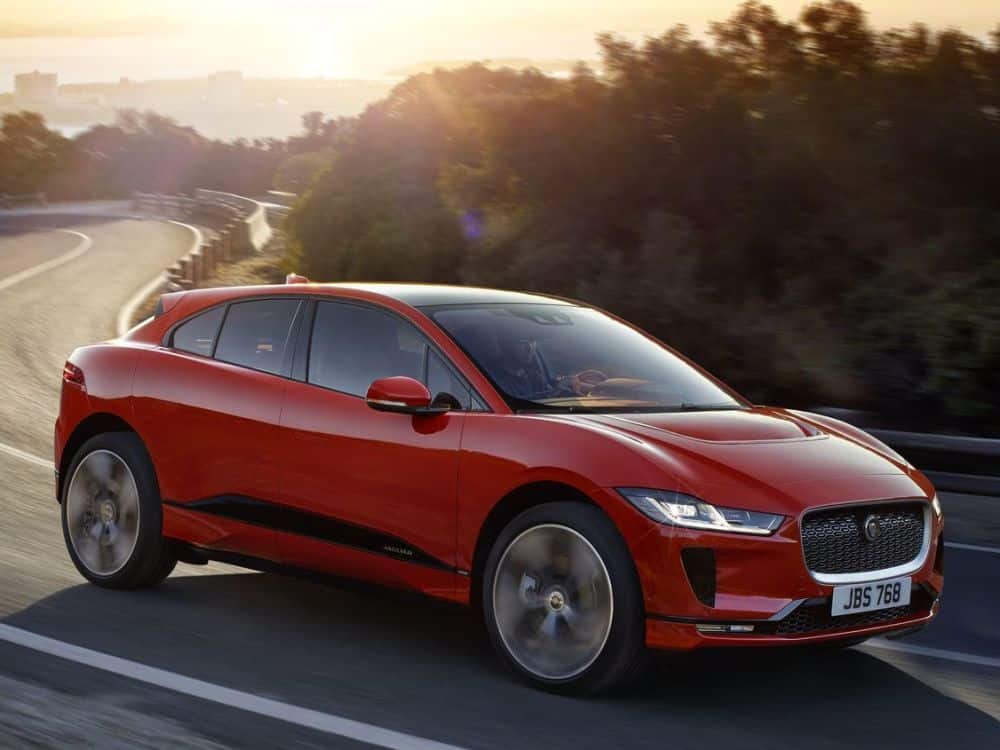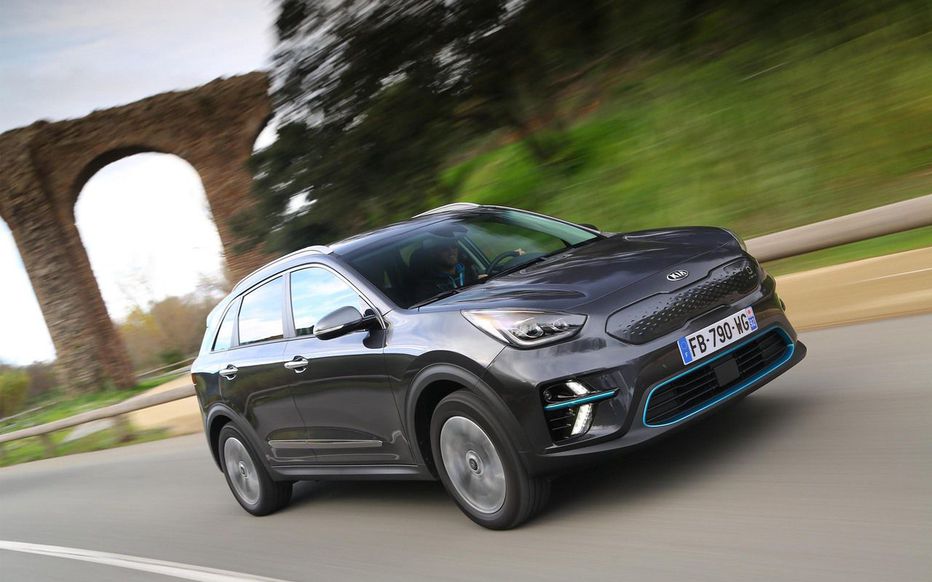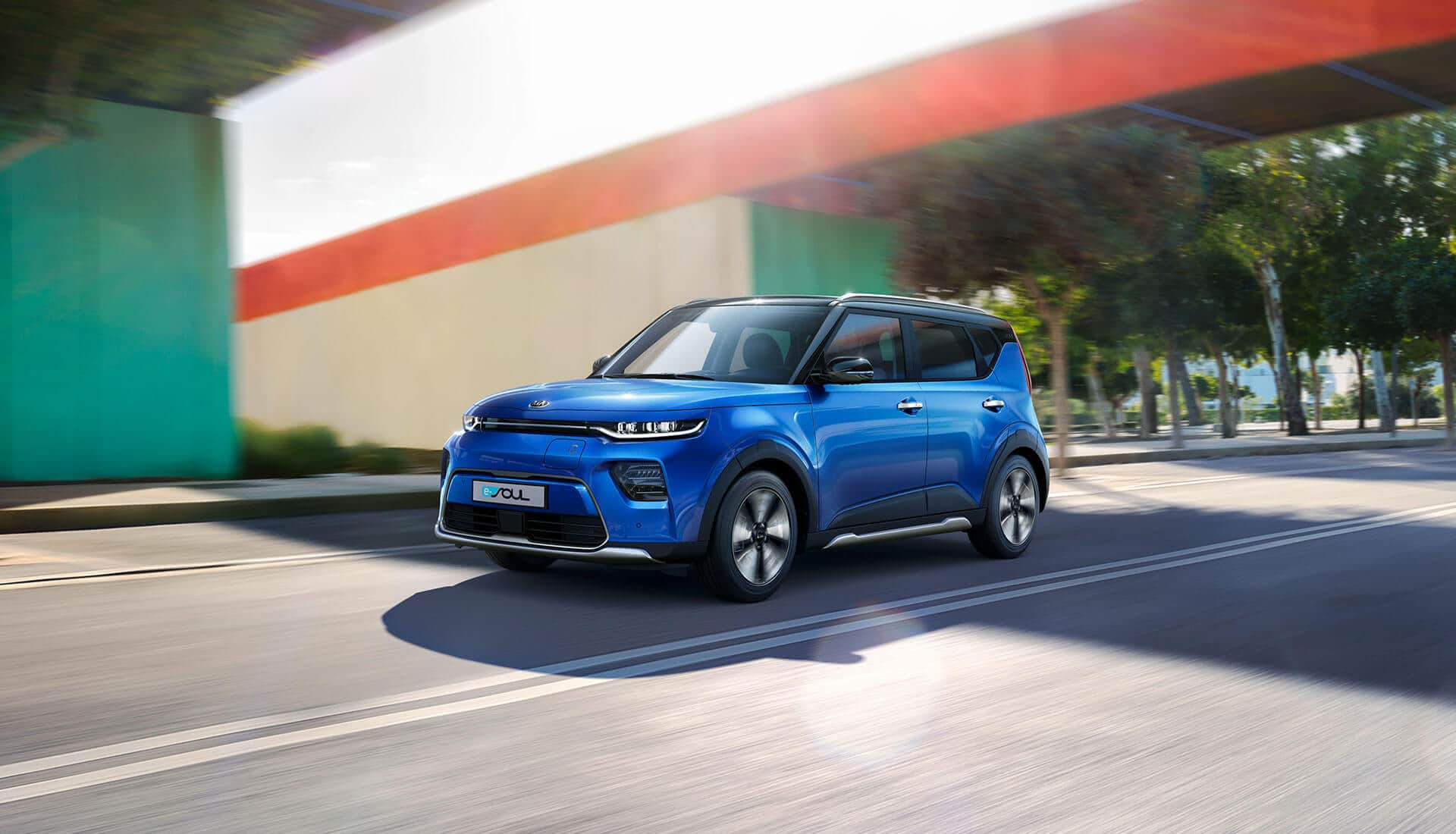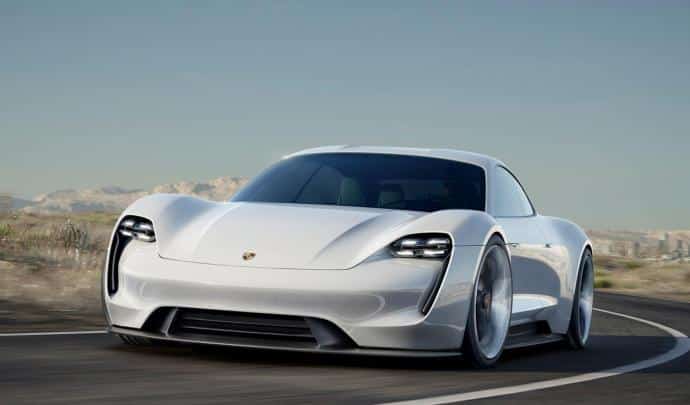Which electric cars have the longest range? Thanks to the growth of the electric car market and the increasing commitment of automakers, there is now a wide choice of electric cars. Several models are now capable of driving more than 400 km without recharging.
With over 5.1 million electric vehicles on the road worldwide, this type of car is becoming increasingly popular. Today's infrastructures and households are influenced by the expansion of electric vehicles, which will only continue to grow in the future. By 2020, an estimated1 million electric cars will have been sold worldwide, rising to 7 million by 2025.
If you don't yet have an electric vehicle, it's time to take a look at the existing models. When choosing your electric vehicle, you're probably looking at design, functionality and, in particular, driving range. Is it the range of electric vehicles that puts you off buying one? Don't worry, we've put together a list of the 10 electric cars with the longest range.
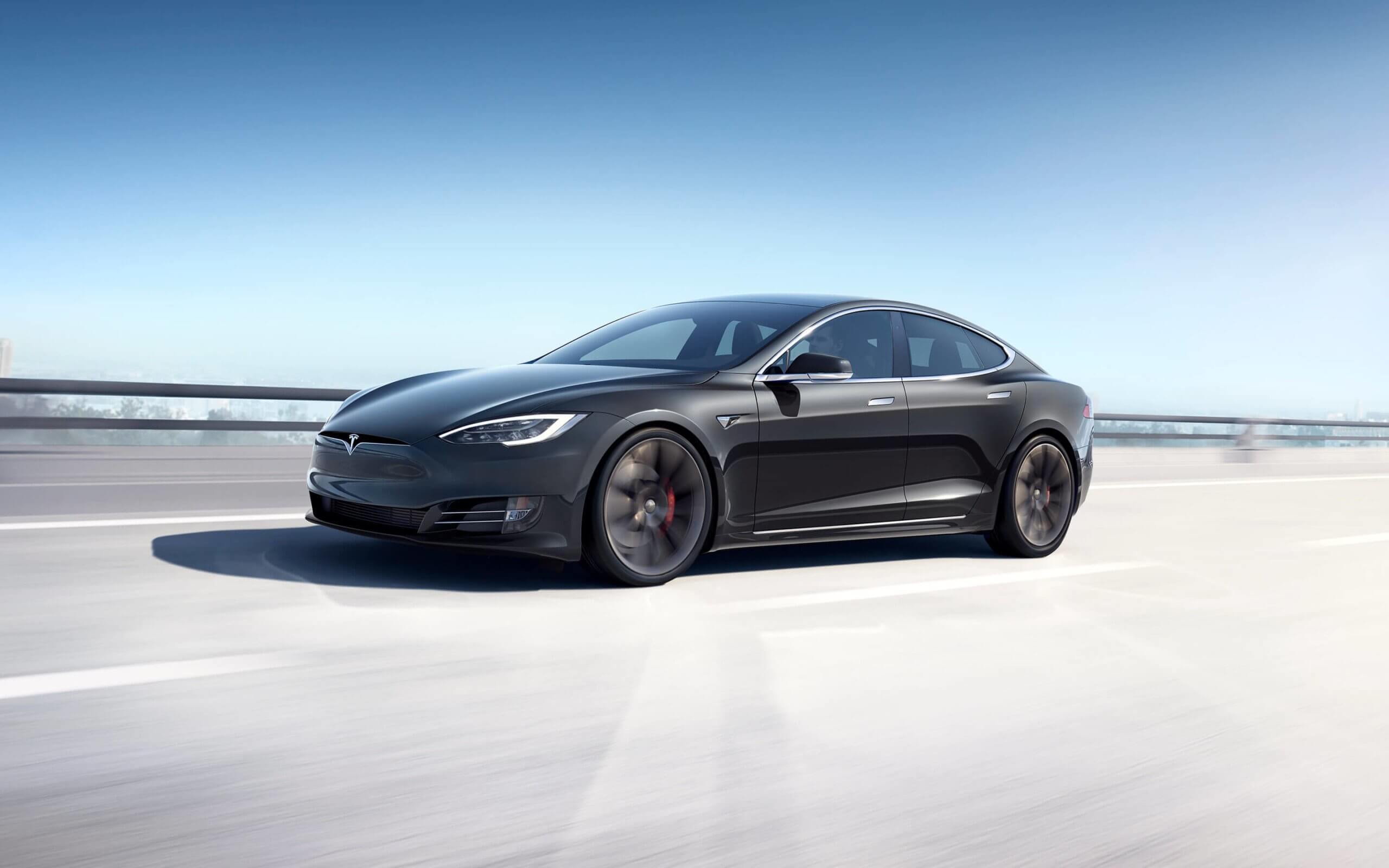
What is the range of an electric car?
It's a fact that electric cars are becoming more and more popular, thanks in particular to new, increasingly stringent standards for manufacturers from theEuropean Union.
Today, the electric car is at the heart of automakers' strategy, as it represents the future of the sector. From 2021, cars sold in the European Union will have to emit no more than 95g of CO2 per km, compared with 130g/km today. Carmakers are betting on the electrification of their ranges, enabling the sector to grow from strength to strength and bring more choice to users. What's more, from 2040, the sale of combustion-powered cars will be banned in France.
After price, range is one of the most important criteria when it comes to buying your future electric vehicle. For an electric car, range is the sinews of war. Ideally, the vehicle should be able to meet the needs of its driver, i.e. to make journeys without hassle, but also to reassure the buyer. Nobody wants to break down in the middle of the freeway because they forgot to charge!
According to a study conducted by AVERE (Association Nationale pour le Développement de la Mobilité Électrique), 60% of French people would be tempted to switch to electric vehicles, but only if the car could reach 500 km, while 40% would like to go even further on a single charge. What's more, for more than half of those surveyed, insufficient range is still a barrier to purchase, ahead of the price (41%). But what's the reality?
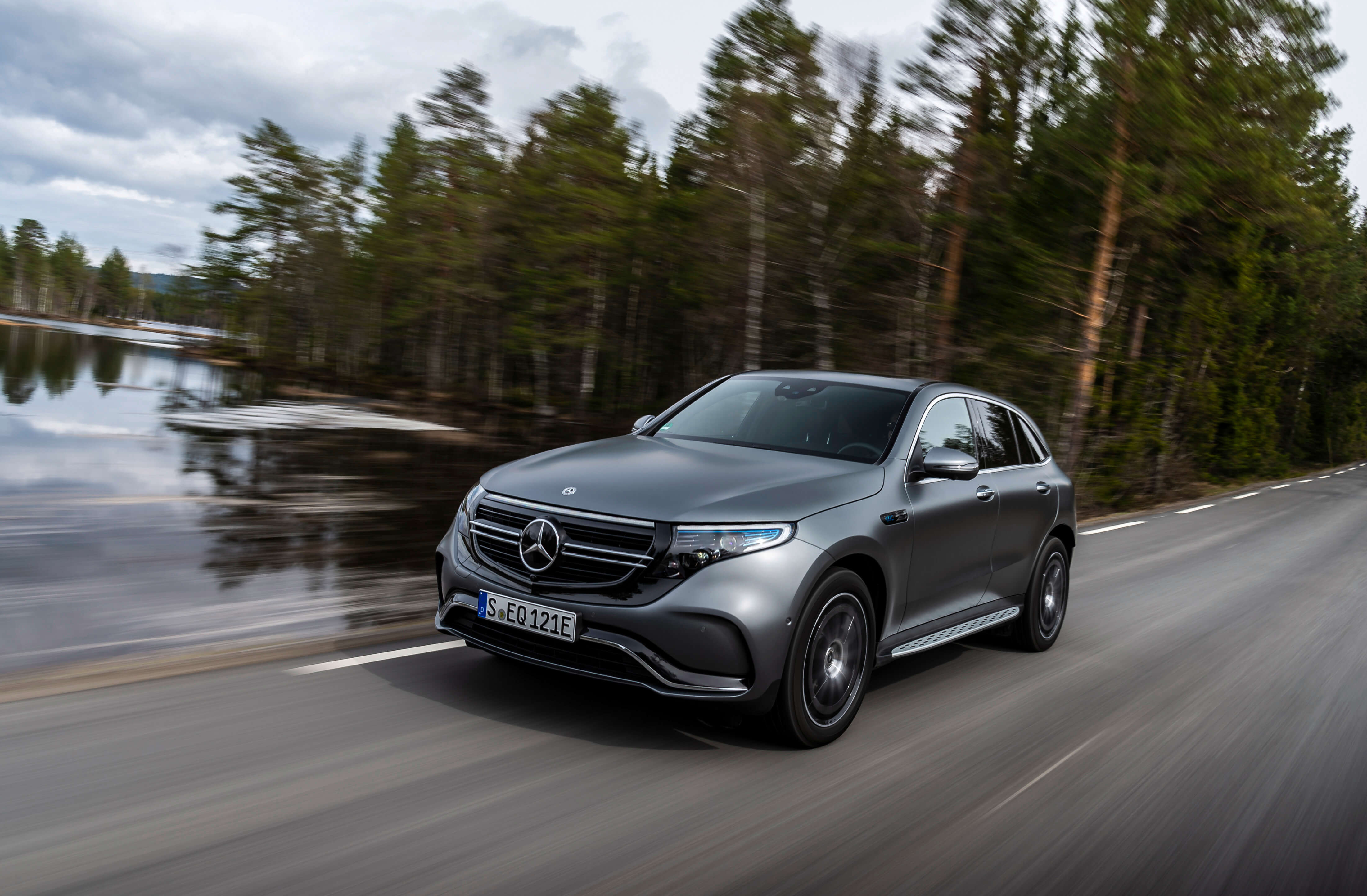
How to choose the right range for your electric car?
Often perceived as an obstacle, range is one of the criteria that can strongly influence the purchase of an electric vehicle.
Out of fear, electric car drivers are increasingly turning to long-range models, seeking reassurance about the capabilities of their electric vehicles. However, it's not always a good idea to opt for a long-range model. In fact, it's more profitable for you to acquire a vehicle that meets your real needs, especially when these are purely urban. In fact, the range of electric city cars is growing all the time, with new, more affordable models emerging every year.
Often perceived as an obstacle, range is one of the criteria that can strongly influence the purchase of an electric vehicle.
Out of fear, electric car drivers are increasingly turning to long-range models, seeking reassurance about the capabilities of their electric vehicles. However, it's not always a good idea to opt for a long-range model. In fact, it's more profitable for you to acquire a vehicle that meets your real needs, especially when these are purely urban. In fact, the range of electric city cars is growing all the time, with new, more affordable models emerging every year.
Often perceived as an obstacle, range is one of the criteria that can strongly influence the purchase of an electric vehicle.
Out of fear, electric car drivers are increasingly turning to long-range models, seeking reassurance about the capabilities of their electric vehicles. However, it's not always a good idea to opt for a long-range model. In fact, it's more profitable for you to acquire a vehicle that meets your real needs, especially when these are purely urban. In fact, the range of electric city cars is growing all the time, with new, more affordable models emerging every year.
What is WLTP range?
WLTP (Worldwide harmonized Light vehicle Test Procedure) is the protocol now in force for measuring vehicle energy consumption and CO2 emissions.
Like the NEDC, the WLTP procedure is carried out in a research center using a driving cycle simulator. However, the tests used are different from the NEDC standard, and are designed to determine the real autonomy of an electric vehicle in driving conditions.
On the other hand, the range of an electric car is not fixed; it varies according to different factors:
- Driving behavior,
- Weather conditions,
- Vehicle weight
- Use of vehicle equipment.
For example, sporty driving will use up much more range than city driving, which can give you up to 10% more range, depending on your driving style.
That's why ECO driving mode is so popular with drivers, as it reduces acceleration power and improves your electric car's range.
The climate, especially in winter, can also reduce the range of your electric car. Indeed, even if it doesn't affect the car's starting performance, for lithium-ion batteries it's advisable to leave your electric vehicle in an environment between -6°C and 29°C. Nevertheless, more and more electric models are equipped with a management system that can control the battery temperature, enabling it to cope with winter without hindrance.
⚠️ Good to know: Today, the ecological penalty is calculated on the basis of the WLTP cycle.
How to choose an electric car?
How much autonomy do I need?
Today, the range offered by the electric car starts from 150 and can reach an average of 500 km in the WLTP cycle, making it possible to meet the needs of different types of driver. Given that 82% of Europeans drive less than 100 km a day, electric cars are compatible with most driving habits.
The Acti-ve blog takes this thinking a step further, using the example of the "Hired or bought moving truck?", with an honest critique of drivers looking for the electric vehicle with the most range and performance without taking into account their real needs in terms of autonomy.
"If you don't buy a truck to move house, why do you buy a car that's designed to take you on vacation, when most of the time you're under-using it?
Do you commute less than 50km a day? No need to buy a car with a range of 1000 km. Treat yourself to an EV with less range, and use the money left over to go on vacation and hire a range extender for the duration of the journey, or a petrol station for the duration of the stay. Don't forget to car-share.
Too expensive!! currently more than 4000 used electric car offers and fill up in 30 seconds at home."
" Adapt your individual mobility to your daily needs ".
Knowing your needs
When buying an electric car, it's advisable to choose a model with twice the range of the number of kilometers you drive every day.
The average range of electric cars currently on the market is 150 to 600 km in WLTP cycle, or around 100 to 500 kilometers in real life, which means they can be used for many everyday journeys, even if long-distance travel may still be a problem for models with low range.
Therange achieved depends essentially on the capacity of the lithium-ion batteries used by most vehicles, which ultimately replace the petrol tank of combustion-powered cars. The higher the capacity, the longer the range.
With the exception of Tesla models, most electric cars will have trouble making it across France. This is due to limited autonomy on freeways and a less-than-optimal network of charging facilities. The preferred terrain for electric cars remains urban and suburban areas.
Nevertheless, the electric car is suitable for most journeys. For example, 82% of Europeans drive less than 100 km a day. For most of these people, current electric cars offer sufficient range.
One way to cover longer distances is to use public charging stations, especially fast charging stations.
Today, battery technology continues to develop, and automakers are pushing back the limits with increasingly comfortable ranges. Ford, for example, has just announced that its Ford Mustang Mach-E will have a range of 600 km, with the new model due for release in the second half of 2020.
Choosing the range of your electric car?
When buying or leasing your electric car, we advise you to choose a model with a range close to your daily commute. However, you can also allow for a greater range in case of unforeseen events.
Carmakers are well aware of this, and it's now common to find an electric model with a range of different powertrains. For example, the Kia e Niro is available with a 39.2 kWh battery providing 289 km of WLTP range, and a 64 kWh battery with 455 kW of WLTP range.
This makes it possible to diversify the range, allowing drivers to choose the model best suited to their needs.
This offer can also be found on all Tesla models, which usually come in two configurations:
- Long autonomy: offering greater autonomy
- Performance: focused solely on the vehicle's engine and speed.
There's also a third finish, Autonomie Standard Plus, which is much more affordable than the previous two and perfectly suited to urban and suburban areas.
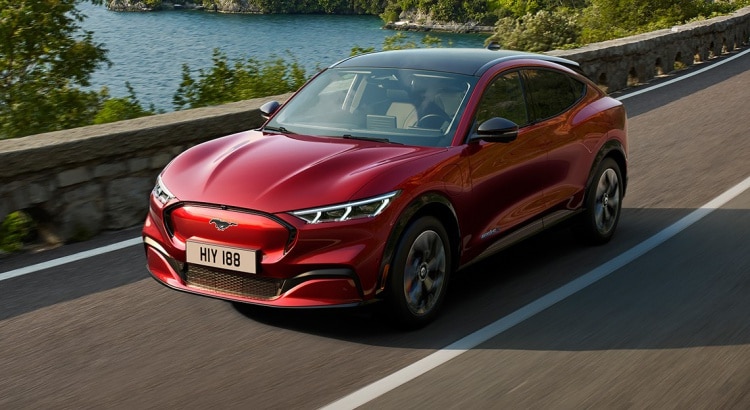
Factors that reduce autonomy
When we talk about the range of an electric car, it's important to understand that there isn't just one range, but many.Autonomy depends on a number of parameters:
Here are some of the factors that influence the range of your electric car:
Driving style
Electric cars are very sensitive to driving style. Sporty driving, for example, uses much more energy than gentle driving. This is why eco-driving is particularly important when driving an electric car.
Speed
The faster you drive, the more electricity you consume, and the effect is exponential! For example, the Zoé ZE 40 and its 40 kWh battery can do no more than 130/150 km on the freeway, but up to 250 km in city driving.
Habitable parameters
While the use of the radio or headlights has virtually no impact on the range of an electric car, heating and air conditioning have a much greater impact. Depending on the model and usage, they can reduce range by 20 to 30%. Some new-generation electric cars feature heat pump heating systems, which consume much less electricity than conventional systems. Manufacturers are also tending to offer heated seats and heated steering wheels, which consume less electricity than if the heater had to be switched on.
Weather conditions
An electric car has no trouble starting up in winter, as you might expect. On the other hand, sub-zero temperatures have an impact on range, around 5%. What's more, you'll need to turn on the heating, which will have an even greater impact on range.
Battery life
On average, the life of an electric car battery ranges from 9 to 13 years. After a long period of use, battery performance can change. Due to wear and tear, specialists predict a loss of autonomy of around 10 to 15% after 5 years of use.
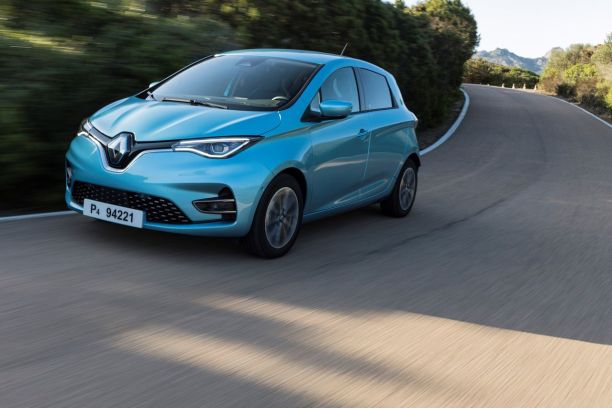
Top 10 electric cars with the longest range
We've ranked the electric cars with the best range for you, so that you can find out more or make a choice about the electric car of your dreams.
Would you like to buy an electric car or find out more? We've put together a number of articles on the best 5-seater, 7-seater and city electric cars. You might also be interested in these.
Tesla Model S
With a WLTP range of 610 kilometers, the Tesla Model S is on top of the world. A true precursor of the new possibilities offered by electric power, the Model S has a 0 to 100 km/h time of just 2.6 seconds and a top speed of 261 km/h.
🔋Range: 610 km (WLTP)
💰Price: €91,000 (excluding environmental bonus)
🔌Slow charge (0 to 100%): 7h
🔌Fast charge (0 to 80%): 28 min.
Ford Mustang Mach-E
A member of the Mustang family, the Ford Mach-E is largely inspired by the lines of the legendary American model, but is distinguished by its full radiator grille. The long, muscular hood, raised rear fenders, sharp headlights and triple taillights are all part of the Mustang DNA.
🔋Range: 600 km (WLTP)
💰Price: €48,990 (excluding environmental bonus)
🔌Slow charge (0 to 100%): 5h
🔌Fast charge (0 to 80%): 30 min.
🗓️ Availability: Second half of 2020
Tesla Model Y
Tesla's fourth electric car, the Tesla Model Y is a 100% electric crossover. The Model Y is extremely similar to Tesla' s Model 3, with which it shares its platform.
🔋Range: 505 km (WLTP)
💰Price: €63,000 (excluding environmental bonus)
🔌Slow charge (0 to 100%): 7h41 min
🔌Fast charge (0 to 80%): 31 min.
Polestar 2
The little sister of the Polestar 1 plug-in hybrid sedan, the Polestar 2 is a 5-door sedan with a receding roofline. Based on the evolutionary CMA platform developed by the Volvo Group, it is considered the brand's first mass-market electric car.
🔋Range: 500 km (WLTP)
💰Price: €39,900 (excluding environmental bonus)
🔌Slow charge (0 to 100%): 4h30 min
🔌Fast charge (0 to 80%): 2h30 min.
🗓️ Availability: Second half of 2020
Volkswagen I.D Crozz
Based on the German group's MEB platform, the Volkswagen ID. Crozz shares its platform with the compact Volkswagen ID.3.
🔋Range: 500 km (WLTP)
💰Price: NA
🔌Slow charge (0 to 100%) : NA
🔌Fast recharge (0 to 80%) : NA
🗓️ Availability: No release date yet
Volkswagen ID.3 Pro S
Revealed for the first time at the Paris Motor Show in September 2016, the Volkswagen ID 3 takes on a compact appearance. It is the first model from the German group inaugurating on the new MEB platform dedicated to electric vehicles.
🔋Range: 475 km (WLTP)
💰Price: €50,000 (excluding environmental bonus)
🔌Slow charge (0 to 100%): 8h min
🔌Fast charge (0 to 80%): 34 min.
Jaguar i-Pace
The Jaguar i Pace is an all-electric SUV with a radical design. It is the first 100% electric car that Jaguar has put on the road. It is also one of the first Premium electric vehicles other than Tesla.
🔋Range: 470 km (WLTP)
💰Price: €79,990 (excluding environmental bonus)
🔌Slow charge (0 to 100%): 13h30 min
🔌Fast charge (0 to 80%): 44 min.
Kia e-Niro
The KIA e-NIRO 's impressive range is one of the reasons why the car is without doubt one of the best electric cars of its generation.
🔋Range: 455 km (WLTP)
💰Price: €42,500 (excluding environmental bonus)
🔌Slow charge (0 to 100%): 10h30 min
🔌Fast charge (0 to 80%): 44 min.
Kia e-Soul
The Kia e-Soul 64 kWh is a 100% electric SUV marketed in France by the Korean brand. It follows on from the Kia Soul EV. It is available in two versions: one with a 39 kWh battery and a second with a 64 kWh battery.
🔋Range: 452 km (WLTP)
💰Price: €41,300 (excluding environmental bonus)
🔌Slow charge (0 to 100%): 10h30 min
🔌Fast charge (0 to 80%): 44 min.
Porsche Taycan
Porsche's first electric car. The Porsche Taycan is an electric sports car capable of impressive performance. While some of its rivals, including Tesla, are criticized on this point, Porsche has proved that the Taycan doesn't slow down even after 30 standing starts from 0 to 200 km/h.
🔋Range: 450 km (WLTP)
💰Price: €155,552 (excluding environmental bonus)
🔌Slow charge (0 to 100%): 5h
🔌Fast charge (0 to 80%): 23 min.
So there's no longer any excuse to find the electric vehicle that's right for you. In fact, when it comes to electric vehicles, choice is no longer a problem. There are many models to choose from, with all the qualities needed to suit different types of driver. You're free to choose the color, finish and brand you prefer. The choice is yours! 👋
Treat yourself to an electric car
👋Want to switch to an electric car? Beev offers multi-brand 100% electric vehicles at the best price, as well as recharging solutions.
Select an electric vehicle


